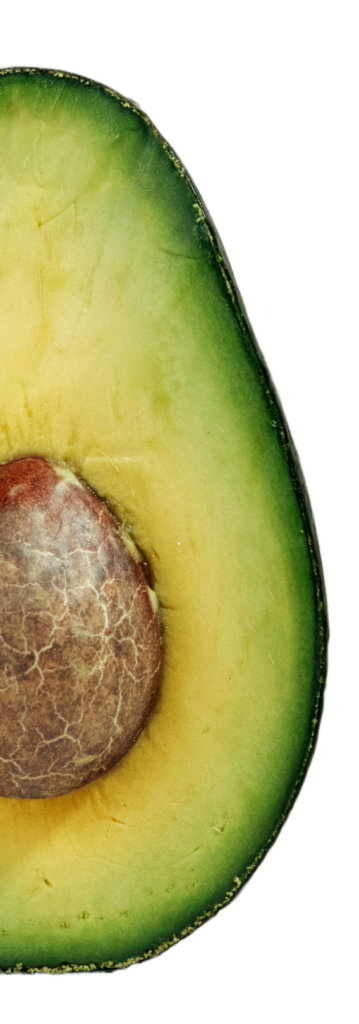
Do you have questions? We have answers (well, most of the time!)
Please find our answers to the most common questions you may have on the Biota fertilizers, Biota Nutri Calculator, certifications, and more. If you still can’t find the answer you’re looking for, just contact us. We are happy to help you!
Training videos
-
 Optimizing the Cation Exchange Capacity CEC complex
Optimizing the Cation Exchange Capacity CEC complex -
 Dissolving Times and pH for Organic Fertilizer
Dissolving Times and pH for Organic Fertilizer -
 Cleaning & Maintaining Drip lines when using Organic Fertilizers
Cleaning & Maintaining Drip lines when using Organic Fertilizers -
 Why you should use A & B Tanks with Organic Fertilizer
Why you should use A & B Tanks with Organic Fertilizer
Frequently Asked Questions
Fertilizers
Why are the Biota fertilizers so good?
Our low organic fertilizers are the best for some customers because they are 100% plant based transparent liquid which makes them instantly available to the plants, do not clog irrigation pipes and products grown can bear the Vegan trademark on their packaging. Our high organics products are better for some customers such as those growing outdoors or retailing to home growers as they have great nutritional properties but at a better price point than our premium products. Contact us to discuss how we can provide the right solution for your application.
Where can I find product information such as a technical sheet or safety data sheet?
You can request technical and safety data sheets by contacting your sales representative or emailing info@biota.nu.
For information on using our products of working with organic fertilizers take a look at our YouTube channel https://www.youtube.com/@biotanutri8958
Calculator
Can the Biota Nutri Calculator be used for all crops?
What makes the Biota Nutri Calculator unique is that it can be used for all fertilizers, meaning it does not limit you to the type or brand of the fertilizer. In other words, for all dosing systems, for all types of fertilizer brands and for combining mineral and organic fertilizers.
Is it possible to add organic fertilizers to my current schedule, for example, organic Calcium?
Yes, you can. The Biota Nutri Calculator advises you on the amount of Calcium that is needed.
Biota Nutri
Can Biota Nutri visit my company to give advice?
Yes of course. Please send your request to info@biota.nu so that one of our specialists can discuss the possibilities with you.
Private labels
Can we sell your products with our own label/brand?
Yes of course. Please send your request to info@biota.nu so that one of our specialists can discuss the possibilities with you.
Certifications

What does “OMRI-Listed” mean?
In short it means that the product is independently approved by the Organic Materials Review Institute to ensure that it is approved for use in commercial organic farming. OMRI is a nonprofit organization that provides an independent review of products, such as fertilizers that are intended for use in certified organic production and processing. When companies apply, OMRI reviews their products against the organic standards. Acceptable products are OMRI Listed® and appear on the OMRI Products List© or OMRI Canada Products List©. OMRI also provides technical support and training for professionals in the organic industry.” For more information, visit
Sustainability
How does Biota Nutri contribute to a more sustainable world?
By developing and using 100% circular methods for the production of organic fertilizers from materials derived from plant residual (waste) streams. We provide growers with products and knowledge to adopt sustainable farming practices, and assist them to optimize their yield, maximize product quality, and regenerate their soils.
What do you mean by “Plant Based”?
Almost all of our products are made from plant residual flows. This means that we use the nutrient rich waste leftover from plant and vegetable manufacturing processing, which we then refine and use to create our products.
What do you mean by “Non-GMO”?
Products marked as Non-GMO are not derived from any plants that have been genetically modified. Any product that is OMRI-Listed is non-GMO, by definition.
What do you mean by “Organic”?
When it comes to fertilizer, “organic” can be a confusing term. Organic can refer to organic matter, or carbon-based substances. With that definition, most of our ingredients and products would be considered organic. But to many of our customers, organic is a term reserved for products that are approved for use in commercial organic farming. So this stricter definition is the one we use – any of our products listed as “organic” have been listed with the Organic Materials Review Institute (OMRI). That’s also why you will always see us refer to our ingredients as “natural and organic,” because we want to make sure that we are not accidentally implying that a non-OMRI-Listed product is appropriate for organic farming.

